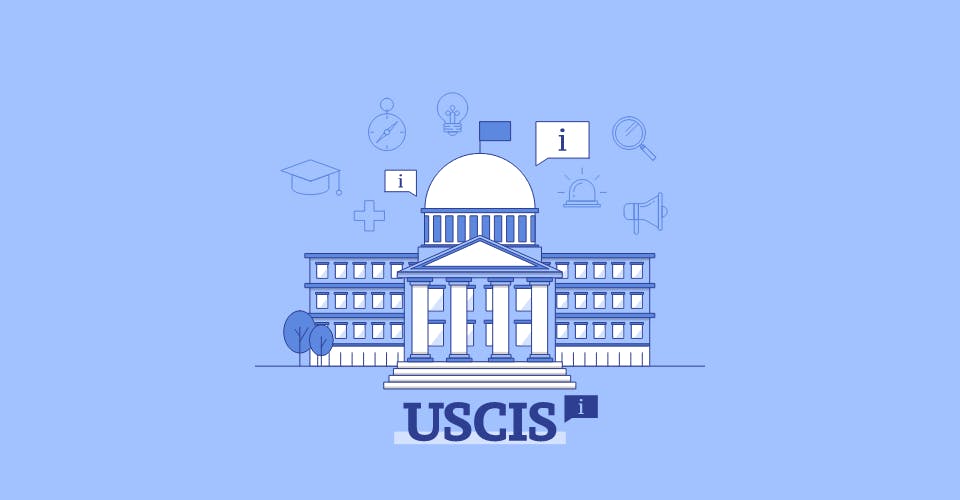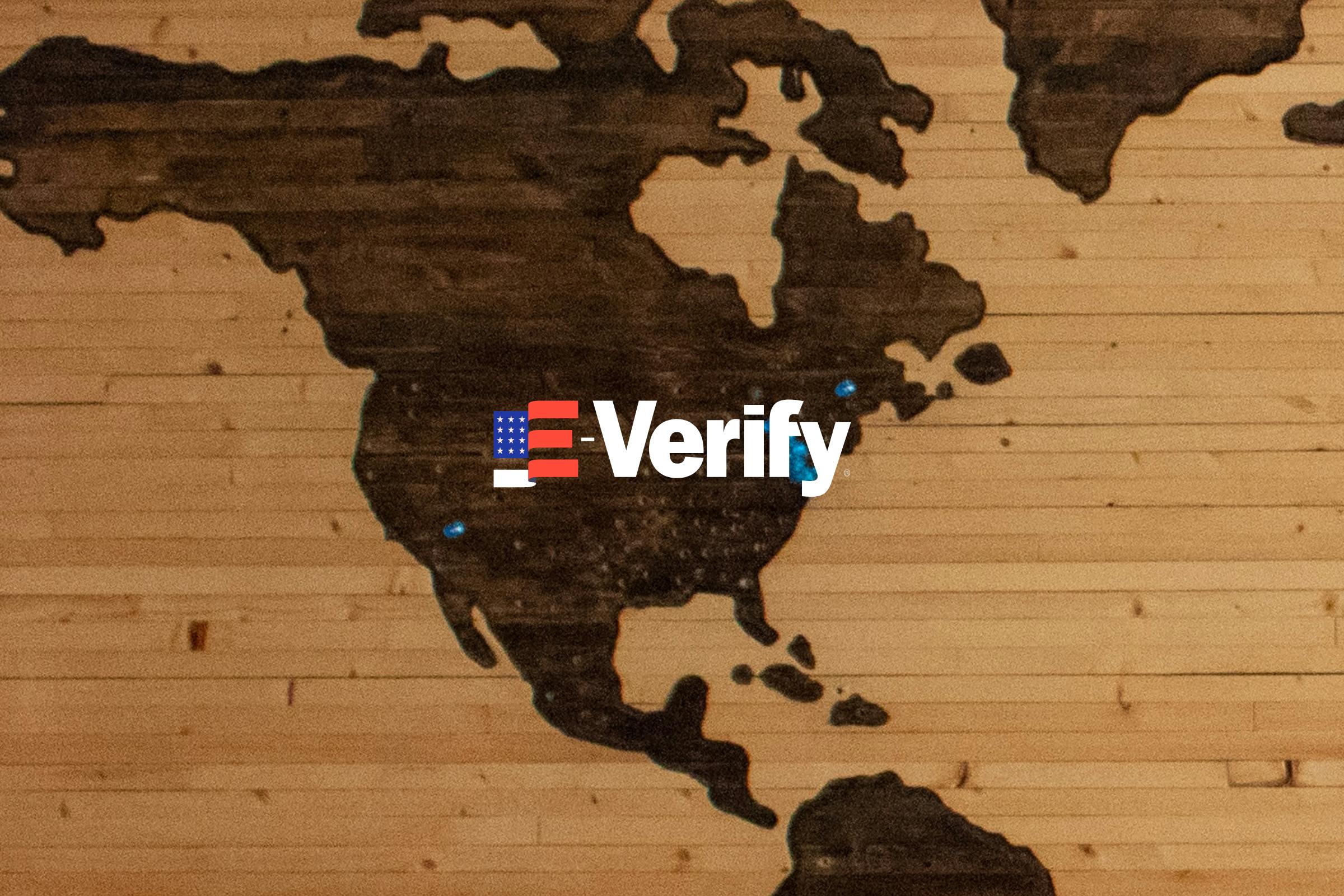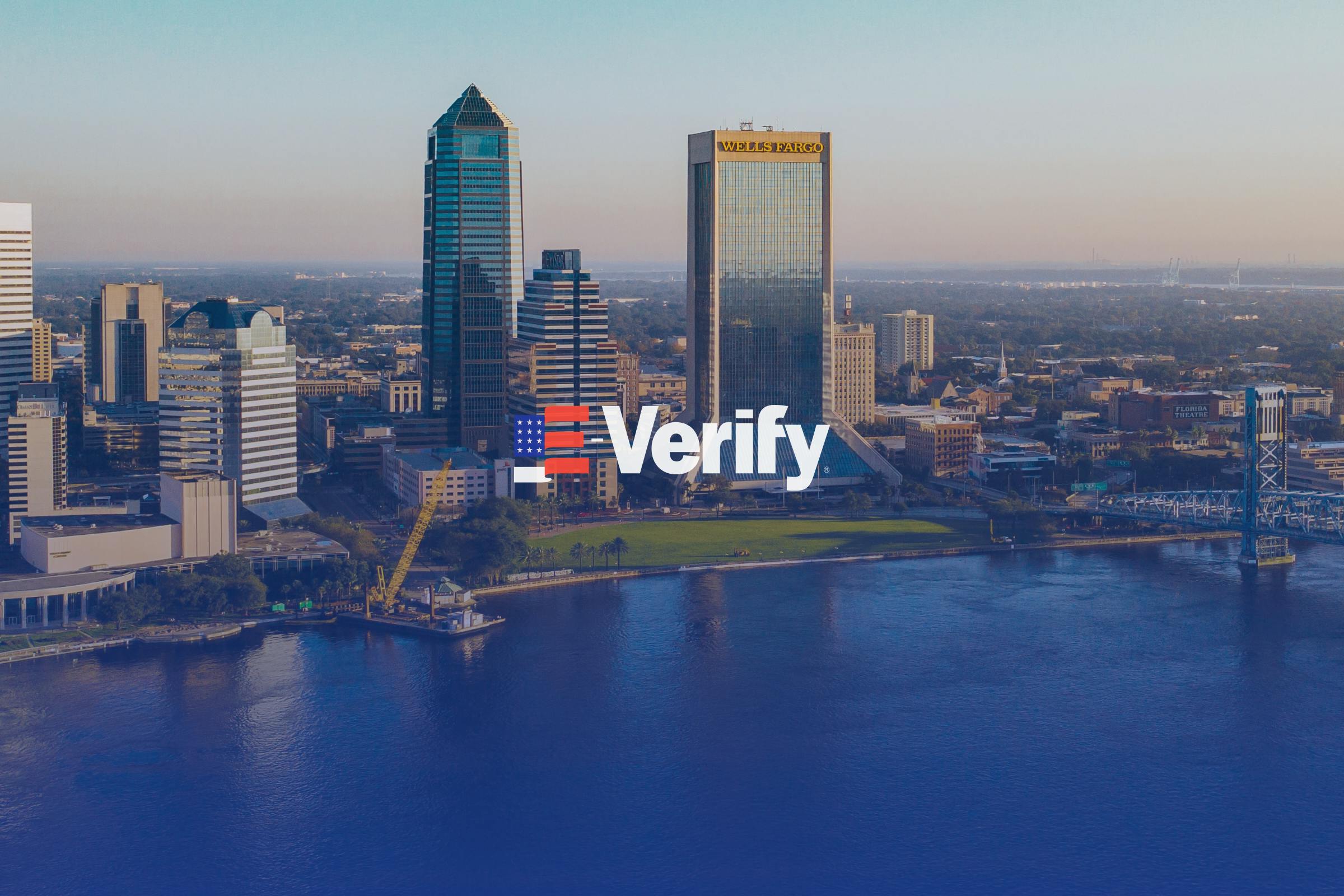Moving to the United States can be a stressful process. While you might feel relieved that you have finally received permanent residence or have been offered a green card, there are still many questions that are left unanswered once you enter the United States and begin integrating into a community. You might feel stressed navigating daily life, and if you are not married to a U.S. citizen, it might feel difficult knowing where to go when you have certain questions to ask.
As such, the USCIS actually has dedicated part of their website to U.S. integration and provides links to many different resources and institutions that can help newly admitted residents manage their life better. This blog will be dedicated to uncovering some of these resources provided, and how to make sense of them.
Navigation
First off, go to the USCIS government website. On the home screen, scroll over to the left where it says “Citizenship” and click on this link. From here, scroll down to the bottom and you will see the tab “Civic Integration”. Although this is under the citizenship page, it still is helpful for newly admitted legal permanent residents (green card holders).
Once you have re-located, on the left hand column you will see a list of topics. Select “Settling in the U.S”. Once on this page, you will see many different topics that can be use. For example, healthcare and families, employment, emergency management, and volunteering in your community are great resources to look at.
Emergency Information
Some of the emergency information that the USCIS provides can be helpful, especially during traumatic events or freak accidents. For example, if you have been working with toxic chemicals, the USCIS provides a guide on how to deal with any issues of contamination. The USCIS also lists information on how to deal with a natural disaster if you are ever caught in one, and also resources for how to purchase flood insurance if you are moving to a coastal area in the U.S. that is prone to flooding.
Healthcare and Insurance
Additionally, the USCIS provides several links for the Department of Health and Human Services (HHS), and also how to get health insurance for oneself and also children. Getting healthcare in the U.S. and becoming familiar with the private healthcare marketplace can be a confusing and sometimes exhausting process trying to figure out who to call and what insurance will cover and not cover. At least the USCIS provides the right links so you can search for a healthcare plan that works for you.
Education and Resources for Childcare
Perhaps you have come to the United States with your son or daughter as a dependent and want them to attend a public school in the town you are living in. If you are having trouble selecting or finding a school, the USCIS actually provides a link for a public school database provided by the National Center for Education Statistics (NCES). The USCIS also provides links to the National Institute of Health for how to teach young children (kindergarten to grade 3) techniques to improve literacy.
In addition, if you are an LPR and have just started a new job in the U.S. and are searching for someone to watch your kids while you are at work, there are also several links provided for how to contact state agencies (vary by U.S. State) that provide financial assistance for childcare, and also links to a database where you can find trusted childcare professionals.














